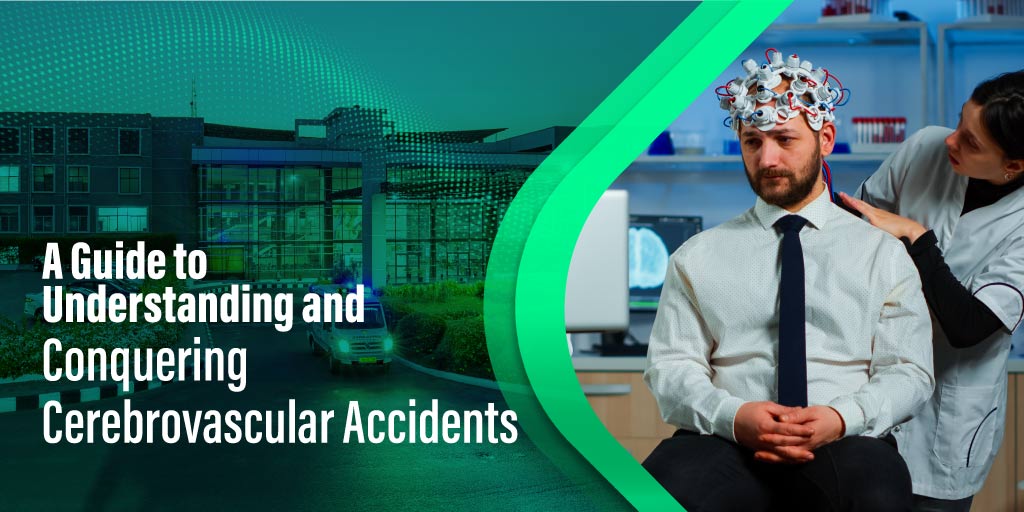According to the World Health Organisation, stress affects 1 in every 4 people. Let’s not be that 1!
In today’s highly competitive world, stress is a common companion to almost everybody. The unrealistic demands of work, relationship, future planning and even everyday life takes a toll on mental well-being. Different kinds of mental illness such as anxiety affect people.
These circumstances make it necessary to recognise the signs of mental illness and understand how it leads to stress for maintaining overall health and happiness. In this blog you can learn the symptoms and practical tips recommended by Karpagam Hospital, one of the top 10 hospitals in coimbatore for improving mental health by effective stress management.
Read further to know about it.
Understanding Mental Health, Mental Illness and Stress
Before knowing the tips to relieve mental stress it is important to understand the relationship between mental health, mental illness, stress and its symptoms. Mental health issues can arise because of different reasons. They can vary depending upon the disorder and individual circumstances. So, it becomes important to take the first step and prioritizing mental health and seeking the relevant support.
What is Mental Health?
Mental health refers to a person’s overall psychological well being. it will include the emotional cognitive and social functioning of a person. These aspects can influence how a person thinks, fails and behaves in their daily life.
What is Mental illness?
Mental illness refers to the conditions that affect a person’s emotions and behavior leading to impairment in function. Some of the common mental illnesses include depression and anxiety, stress, disorders, bipolar etc.
What is Stress?
Stress is a natural response to challenging situations. However, chronic stress can contribute to the development of mental illness Where a person is unable to concentrate or execute they are day to day duties.
Thus, we can understand the association between mental health, mental illness and stress as follows. Constantly trying to keep up the excessive expectations from work and personal life, can exhaust a human mind. An exhausted mind cannot work right continuously. It needs a regular break to revamp and heal.
This is just one simple angle. Toxic workplaces, narcissistic people and many other factors can drain energy from an individual to the extent of making them sad, angry or irritable even to execute the everyday functions. So, it becomes easier to understand what is required to become happy.
The Importance of Seeking Support:
In India seeking mental support is still a hesitant topic. Thus, remarkable change can be seen that still some degree of social barriers to learn and understand their mental health. This can be widely seen in remote areas.However awareness is growing and conversations about mental health are being made to promote and improve the support systems. Encouraging people to seek support when they feel mentally tired is important to help increase happy individuals.
Symptoms of Stress
- Feeling Sad or Down
- Confused Thinking or Reduced Ability to Concentrate
- Excessive Fears or Worries
- Extreme Mood Changes
- Withdrawal from Friends and Activities
- Significant Tiredness or Low Energy
- Physical Symptoms such as headaches, muscle tension, stomach discomfort, and changes in appetite or sleep patterns.
- Increased Irritability or Anger
- Difficulty Relaxing
- Impaired Performance
10 Tips for Stress Relief and Improved Mental Health
- Stay Physically Active
It is well known that engaging in regular exercise is good for Physical health. However, it is also very important for maintaining mental health. Adding activities like walking, jogging or doing yoga in the routine can improve mode and reduce stress. Many best psychiatrist doctors in coimbatore suggest regular exercises.
- Cultivate Social Connections
Building and nurturing good relationships with friends and family is important for mental health and wealth. Making time for meaningful interactions and conversations can strengthen your social support network. This will help individuals to go with life challenges.
- Practice Meditation
Adding meditation into your daily routine can help promote relaxation. So, allocating a few minutes everyday to practice mindfulness meditation and deep breathing techniques can calm the mind, reduce anxiety and enhance self awareness.
- Limit Screen Time:
Do not use digital devices and spend a lot of time on social media. Set and prioritize your activities to promote connection and well being. too much interaction with the blue screen can exhaust your mind and eyes.
- Share Your Emotions:
Make sure you talk about what you feel and share your emotions with trusted individuals. This can help reduce stress by providing a sense of emotional support. It can be friends, family members or therapists. they can offer relevant support and perspective to help you gain understanding and clarity.
- Maintain a Healthy Diet:
You are what you eat. eat a balanced diet that includes fruits, vegetables and whole grains. If you are struggling with stress make sure you add food that contains Omega 3 fatty acids. These are generally found in fish and nuts. Avoid consuming processed and junk foods which can negatively impact mode and energy levels
- Have hobbies
Find any activity and make time to do it. It can be painting, gardening , learning a musical instrument etc. Hobbies are a proven way that provides an outlet for stress and promotes a sense of fulfillment. It can positively distract you from worries.
- Prioritize Relaxation:
It is wise to allocate time and invest in learning and practicing deep breathing exercises, aroma therapy and muscle relaxation techniques. One can also invest time in self care activities like spending time in nature, listening to calming music or even something as simple as taking a hot bath.
- Ensure Adequate Sleep:
Adequate sleep is underrated. Quality sleep is very important for mental health and cognitive function. ensure to take 7 to 8 hours of uninterrupted sleep to relieve yourself from stress. You can also add some sleep hygiene habits, like eating for hours before bed, reading a book or practicing meditation.
- Seek Professional Help if Needed
If you are struggling to manage stress, please reach out for help. Consult the best psychologist in coimbatore who can provide personalized and confidential support and recommend treatment options.
Conclusion:
In summary, improving mental well-being and managing stress is not a one time job. Dedication and self care is required to achieve it. If you really want to make your life happier, understand mental health and mental illness; study yourself and incorporate these 10 tips in your daily life to promote mental well-being. Believe that you can achieve overall health and happiness. You will obtain it!







